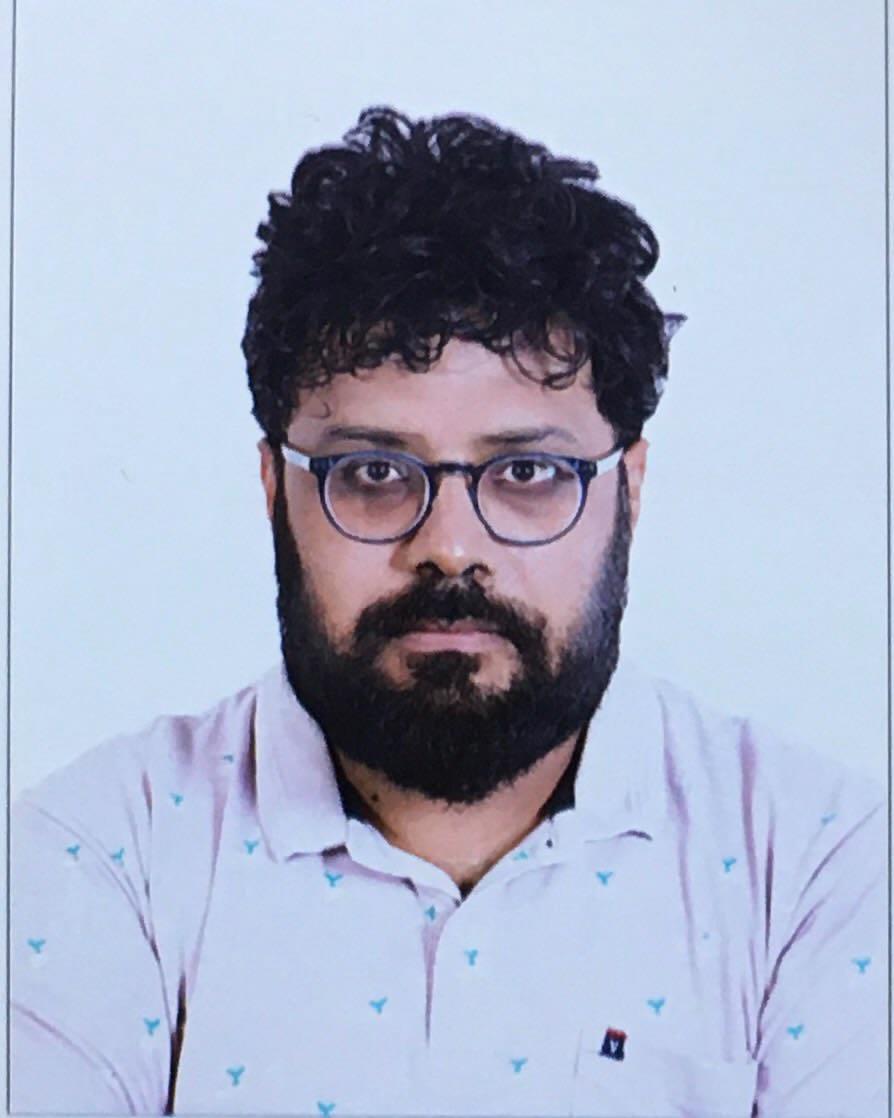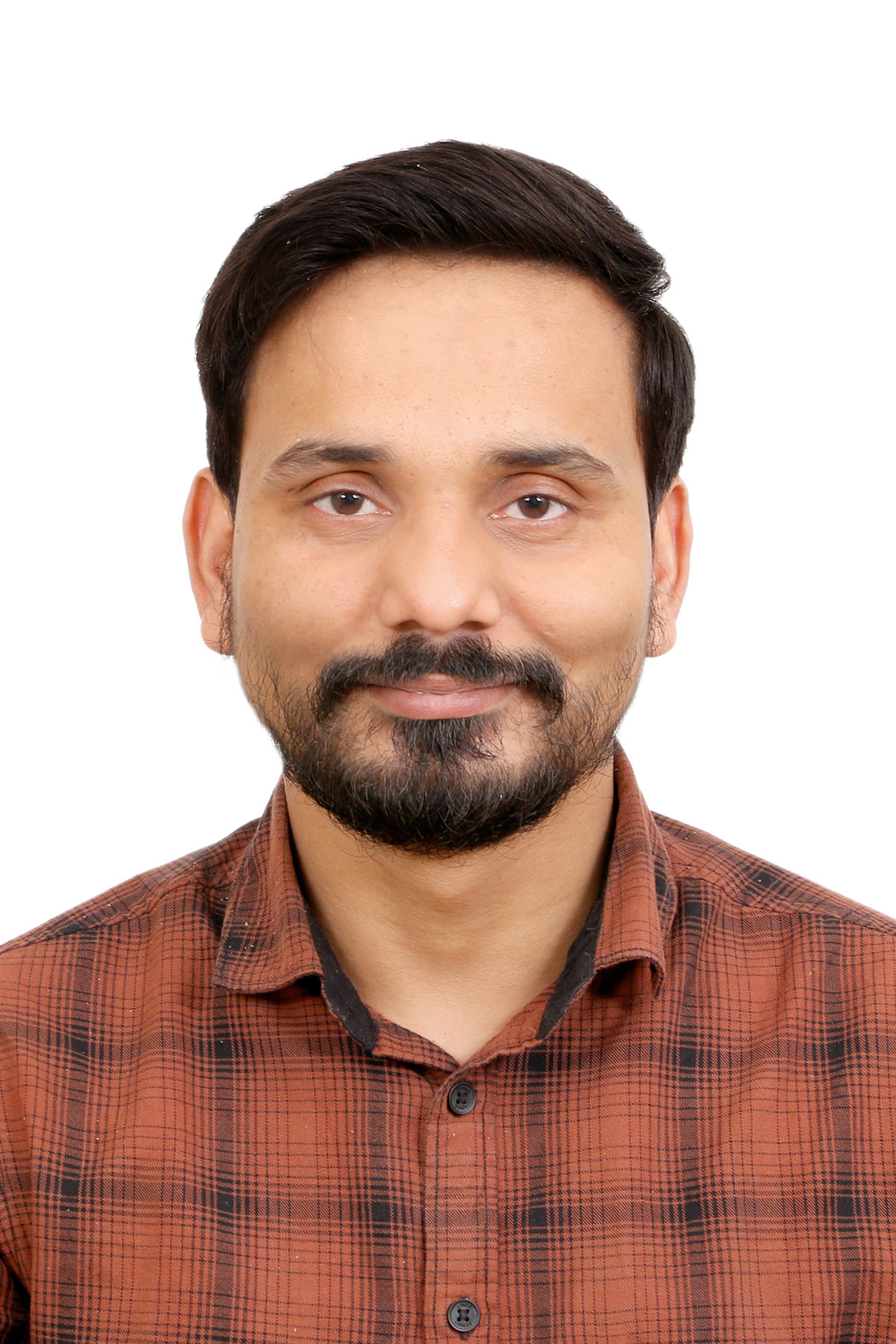
Theoretical Physics

The Department has a strong and active theoretical group working on a wide variety of topics. These range from field theory to particle physics to complexity theory and cosmology. Gravitational waves from highly magnetized spinning white dwarfs, Chern-Simons gravity, torsion and dark energy from a dynamical four-form & black hole evaporation theory, studies of dark matter is an area of interest. Other areas include early universe cosmology and alternative cosmologies as well as the study of areas of such as cosmological nucleosynthesis, cosmic microwave background anisotropy and inflation, late time acceleration, magnetogenesis and black hole thermodynamics.
There are several faculty members working on the phase structure of QCD(Quantum chromodynamics) , Quark-Hadron phase Transition and signatures of Heavy -Ion Collisions of Quark Gluon Plasma, which is believed to have existed in the early universe formation just after the big Bang at very high temperature and high nuclear density. Nonlinear dynamics, modeling and analysis of nonlinear time series, and applications of chaos theory to physical and biomedical signals & systems is another area of interest. There is a very active group working on Top & Higgs Physics, Supersymmetry, Theories in extra dimensions, Effective Lagrangians, Perturbative QCD, CP violation and rare decays, Dark matter. Some faculty members are also working on Superstring theories & D-branes. de Sitter vacua, higher form gauge theories, Non-perturbative quantum gravity, Non-commutative geometries Anti de Sitter (AdS) gravity/conformal field theory (CFT) duality, and AdS/CFT applications to condensed matter physics. Interdisciplinary research on complex systems, including the structure, dynamics and evolution of complex networks in biology and the social sciences are also being studied. The department has a small but active group in biophysics and theoretical systems biology also.
There are several faculty members working on the phase structure of QCD(Quantum chromodynamics) , Quark-Hadron phase Transition and signatures of Heavy -Ion Collisions of Quark Gluon Plasma, which is believed to have existed in the early universe formation just after the big Bang at very high temperature and high nuclear density. Nonlinear dynamics, modeling and analysis of nonlinear time series, and applications of chaos theory to physical and biomedical signals & systems is another area of interest. There is a very active group working on Top & Higgs Physics, Supersymmetry, Theories in extra dimensions, Effective Lagrangians, Perturbative QCD, CP violation and rare decays, Dark matter. Some faculty members are also working on Superstring theories & D-branes. de Sitter vacua, higher form gauge theories, Non-perturbative quantum gravity, Non-commutative geometries Anti de Sitter (AdS) gravity/conformal field theory (CFT) duality, and AdS/CFT applications to condensed matter physics. Interdisciplinary research on complex systems, including the structure, dynamics and evolution of complex networks in biology and the social sciences are also being studied. The department has a small but active group in biophysics and theoretical systems biology also.
-
Awadhesh Prasad (Professor)
Non Linear Dynamics
Awadhesh@physics.du.ac.in
https://smrth.in/nQ http://people.du.ac.in/~awadhesh/ -
 Madhavan Varadarajan (Professor)
Madhavan Varadarajan (Professor)
Quantum Gravity
madhavan@gmail.com
https://smrth.in?GWcB
-
 Raju Roychowdhury (Associate Professor)
Raju Roychowdhury (Associate Professor)
Mathematical Physics, Quantum Gravity
rroychowdhury@physics.du.ac.in
https://smrth.in/cNCB -
 Sachin Pandey (Assistant Professor)
Sachin Pandey (Assistant Professor)
Quantum Cosmology, Gravity
spandey@physics.du.ac.in
https://smrth.in/qo -
 Sourav Sur (Professor)
Sourav Sur (Professor)
General Relativity & Cosmology
sourav.sur@gmail.com, sourav@physics.du.ac.in
https://smrth.in/DE -
 Subhajit Paul (Assistant Professor)
Subhajit Paul (Assistant Professor)
Statistical and Soft matter Physics
spaul@physics.du.ac.in, subhajit18itp@gmail.com
© All rights reserved. Design by Department of Physics & Astrophysics, University of Delhi, Delhi 110007
Any suggestions may be communicated to physweb@physics.du.ac.in